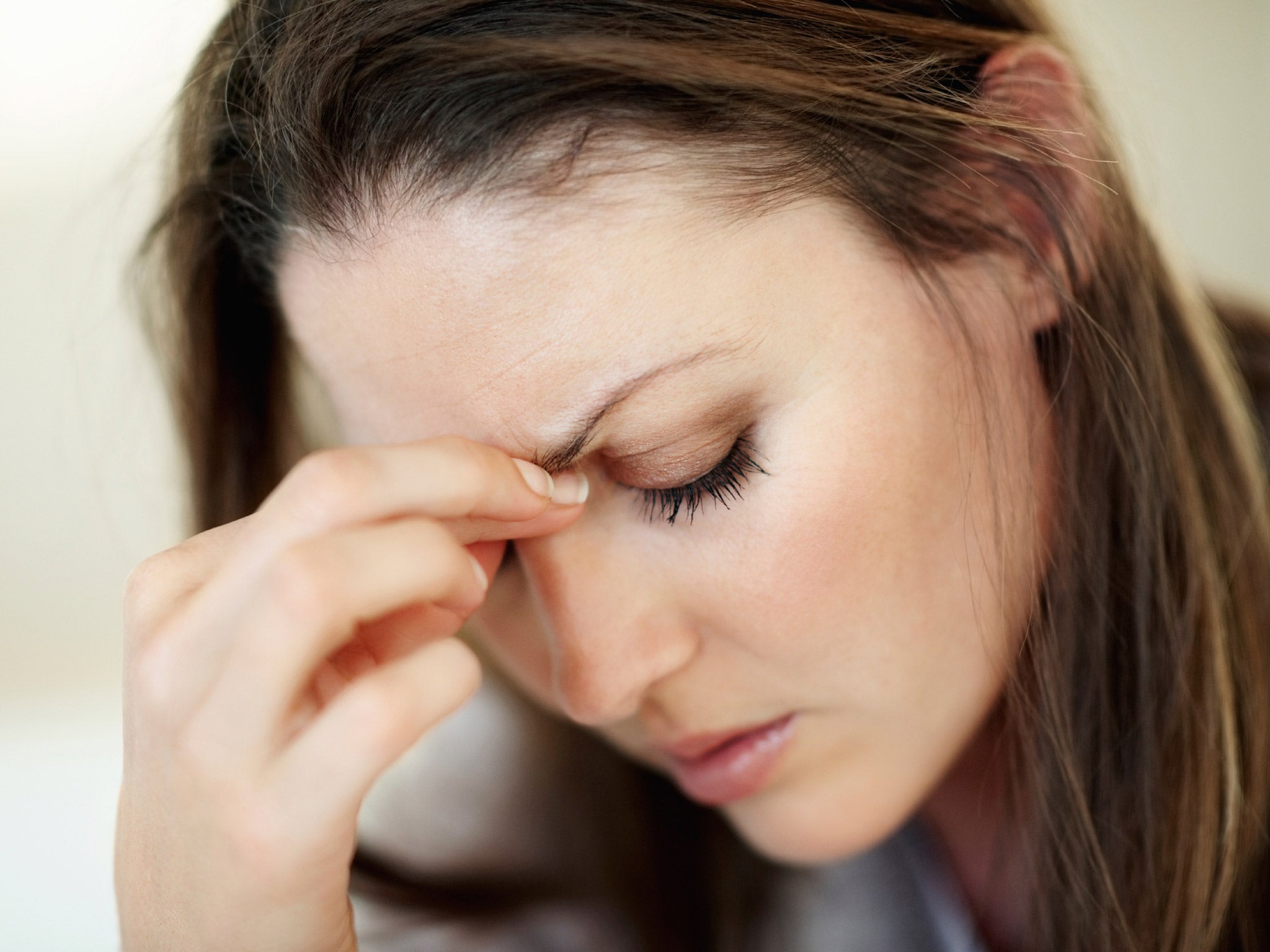Female and LGBT students the most likely to develop mental health issues at university, survey finds
Study comes in the same week another shows students who experience financial difficulties and worry about debt have a higher chance of suffering from depression and alcohol dependency

Your support helps us to tell the story
From reproductive rights to climate change to Big Tech, The Independent is on the ground when the story is developing. Whether it's investigating the financials of Elon Musk's pro-Trump PAC or producing our latest documentary, 'The A Word', which shines a light on the American women fighting for reproductive rights, we know how important it is to parse out the facts from the messaging.
At such a critical moment in US history, we need reporters on the ground. Your donation allows us to keep sending journalists to speak to both sides of the story.
The Independent is trusted by Americans across the entire political spectrum. And unlike many other quality news outlets, we choose not to lock Americans out of our reporting and analysis with paywalls. We believe quality journalism should be available to everyone, paid for by those who can afford it.
Your support makes all the difference.Female students are more likely to have mental health problems than males, and LGBT students have a high likelihood of developing issues compared to their non-LGBT counterparts, a new survey has revealed.
The study from YouGov has added to the recent problem of rising mental health issues in students by highlighting depression, anxiety, and eating disorders as the three main challenges being faced by young people at university today.
Overall, more than a quarter - 27 per cent - of all students surveyed reported having a mental health problem of one type or another in the past year.
The disparity between gender and sexuality, though, emerged as the most startling finding, as 34 per cent of females reported issues, compared to just 19 per cent of males. Forty-five per cent of LGBT students, on the other hand, admitted to facing challenges, compared to just 22 per cent of non-LGBTs.
For a significant proportion of respondents with issues, day-to-day tasks were difficult to see through; nearly half - 47 per cent - said they have trouble completing some daily tasks. Four per cent admitted to not being able to complete the most simple of tasks.
Study was the primary cause of stress among students; seven in ten said work from university was one of their main sources of stress. The second biggest was finding a job after university - 39 per cent - followed by their family at 35 per cent. Jobs and relationships - 23 per cent each - accounted for the majority of the other sources of stress.
The overwhelming majority - at 84 per cent - accepted mental illness is as serious as physical illness.
Concern has emerged in previous studies that students are either not aware of, or are failing to utilise, mental health services at their institution. However, YouGov found three quarters of respondents were aware of their university’s counselling service they could access.
The survey has come in the same week a similar one from the University of Southampton and Solent NHS Trust showed students who experience financial difficulties and worry about debt have a higher chance of suffering from depression and alcohol dependency.
Leader of that study, Dr Thomas Richardson, described how the findings suggested “a vicious cycle” whereby anxiety and problem drinking “exacerbate financial difficulties,” which then go on to increase anxiety and alcohol intake. He said: “Interventions which tackle both difficulties at the same time are therefore most likely to be effective.”
Elaine Hindal, chief executive of Drinkaware, the alcohol education charity, acknowledged how alcohol can have a temporary, positive impact on mood, but warned: “Regular, excessive drinking can have long-term implications for students’ mental health.”
She told the Independent: “Alcohol is a depressant and can disrupt the delicate balance of chemicals that affect mood. This can lead to increased anxiety and stress, and even depression.”
Ulster University’s Professor Siobhan O’Neill also described to a wellbeing conference in June how student life today is “fraught with loneliness and anxiety,” as she addressed the issues of self-harm, alcohol, and suicide, presenting, for the first time, findings from a study of 355 suicides in young people aged under 25 years in Northern Ireland.
She told the conference young people who die by suicide are “somewhat different” from the older age groups, and explained: “Over half will have had a prior attempt; around 64 per cent of the males will have used alcohol at the time of death, and a third of females who die by suicide in this group are students.”
If you’re a student and feel you need help or support while at university, contact your university’s student services or students’ union advice service. You can also find out more about mental health support at Student Minds and Drinkaware
Join our commenting forum
Join thought-provoking conversations, follow other Independent readers and see their replies
Comments